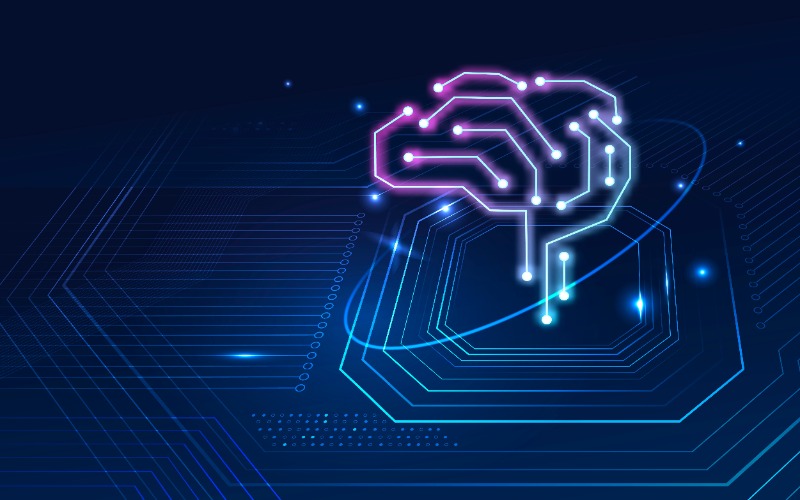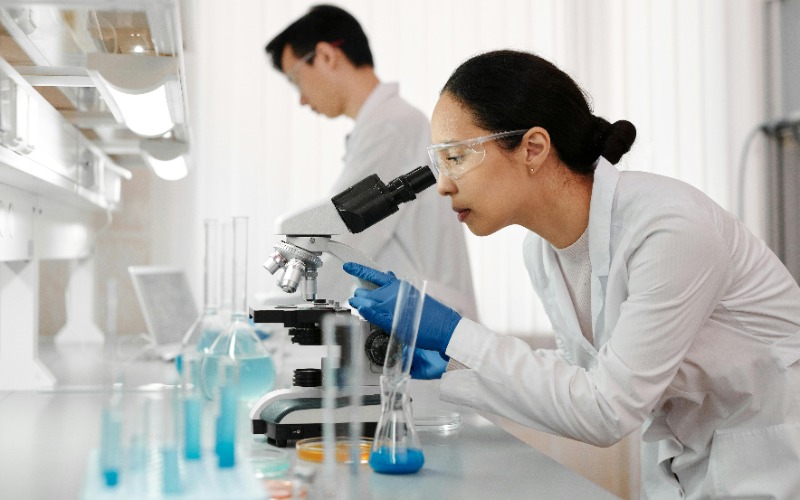Navigating the effects of neurotechnology solutions on Focus

We live in an extremely noisy world, where everything from advertisements to our jobs compete for our attention. According to a recent study, 47% of people surveyed say they cannot concentrate on a single task for more than two hours. An estimated 366 million adults worldwide live with ADHD, and approximately 40 million of them live in the United States. Adults find their attention constantly turned in different directions, leading them to search for answers for better attention and concentration.
We are learning more about how the brain works on a day-to-day basis. The brain is a complex instrument, and conditions such as ADHD or even a simple inability to concentrate as well as we might have done in the past can be difficult to detect and treat. For years, doctors have relied on prescription medications like Adderall, Vyvanse, Focalin, or Ritalin to help people focus better. However, these medications primarily improve motivation, and the side effects can sometimes be worse than the condition they are trying to treat.
The shift toward neurotechnology used to understand and manage attention and concentration has paved the way for safer and more accessible options for individuals. Using neurotechnology, the complex nature of the brain can be unraveled, allowing us to better understand exactly why so many people tend to lose focus easily – and how they can regain it.
Neurotechnology tests
Neuroscience is a constantly evolving concentration. The hardware and software behind some of today’s most promising neurotechnology devices have improved enormously, and scientists are starting to see results that give them hope for the future.
Using neurotechnology designed to test a person’s ability to gain and maintain focus, people can begin to discover what works best for their unique physiology and behavioral patterns. Through apps that boost attention and concentration, individuals can discover how long they can concentrate under pressure and then develop their skills. These neurotechnology tools can also measure a person’s propensity for daydreaming or impulsivity. Additionally, rather than a drug regimen, which often has a one-size-fits-all approach, neurotechnology can be personalized and tailored with the user.
Similar to testing and tracking other physical abilities, people learn that by measuring their cognitive abilities, such as auditory or visual attention, processing delays, ability to concentrate, and reaction time, they can better understand where they excel and where they could benefit. additional training.
Neurotechnology solutions
Once one has assessed their cognitive strengths and weaknesses, what do they do with this data? Scientists dedicated to neurotechnology have asked themselves: “Can we train our brain to be more focused and attentive?” » All signs point to “Yes”.
There are neurotechnology solutions that many of us use daily, even if we don’t have attention or concentration problems, including assistive technologies such as digital calendars, task management apps, and reminder apps. Although these technologies may not seem like modern neurotechnologies, they help people stay focused and attentive to the tasks that really matter.
Scientists have also used neurofeedback to study the brain and apply real-time EEG data to train the brain in the areas of concentration, impulsivity, and executive functioning. Some less invasive solutions have also been proposed, such as memory training apps and breakthrough programs that have been shown to improve overall cognitive performance. These programs guide people through a short series of tasks that help exercise their brain, improve focus, decrease impulsivity, and even reduce anxiety in some cases. These non-drug solutions help the brain “self-heal”.
These new neurotechnological approaches to concentration and attention problems also seek to reduce the stigma associated with neurological disorders – or simply forgetting. Many people are reluctant to seek treatment for their inability to concentrate, out of embarrassment, shame, or fear that their employer or school will find them incapable of completing their work. With neurotechnology solutions, there are no medicinal side effects to worry about, as these “brain training” apps can be used privately and work in a short time.
Heal the brain
Many factors come into play when we have difficulty concentrating, including lack of sleep, excessive alcohol consumption, diet or lifestyle choices. These factors affect our brain and impact our ability to change the way we behave, although there are external factors that can also positively influence our brain power. Neurotechnology can help us discover why our focus and attention are lacking, and then help us get started with programs that allow us to regain some of that focus.
Neurotechnology continues to evolve and change the way we view brain processing, which holds tremendous promise for the future of those living with various neurological challenges and finally seeing the light at the end of the tunnel. Through continued research and innovation, neurotechnologies help people regain focus, reduce anxiety, and live better lives.



Leave a Comment